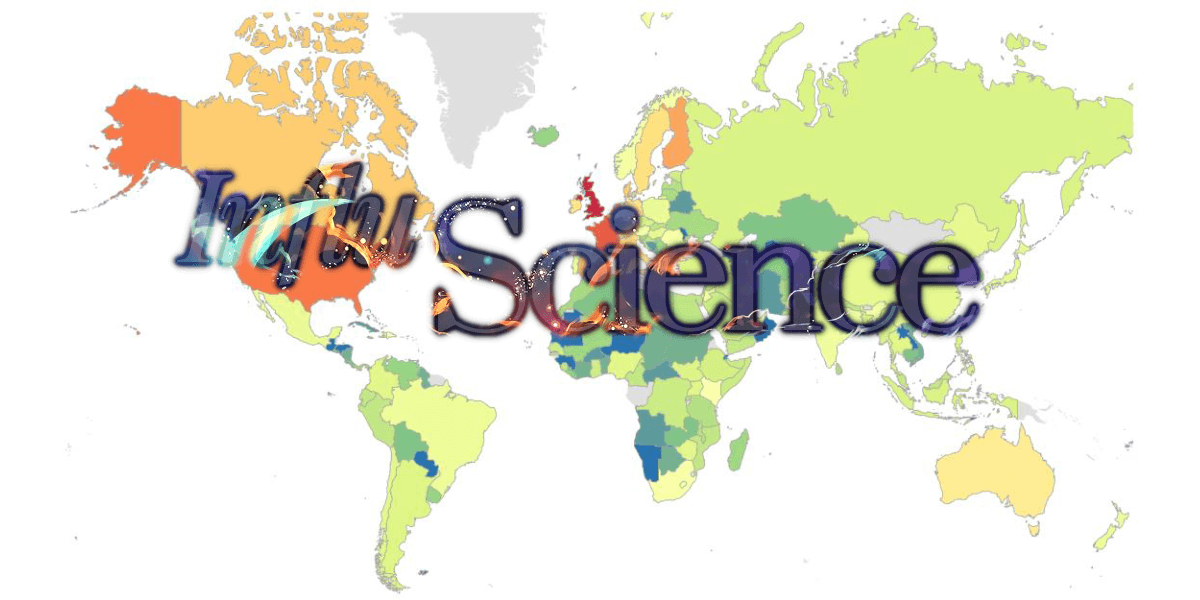Nueva publicación desde el equipo InfluScience. Acabamos de publicar un artículo en Quantitative Science Studies (QSS) en el que proponemos una metodología para el estudio de los influencers de los policy labs de la Unión Europea: Who influences policy labs in European Union? A social network approach.
A continuación el resumen:
«The growing importance of public innovation has been manifested through the creation of policy labs: spaces for policy experimentation and innovation that work for or within a government entity. The rise of this phenomenon in Europe was evidenced by the creation of a policy lab by the European Commission (EC) in 2016 and publication by the EC of a report identifying policy labs and their influencers in Europe. Public innovation is increasingly based on national and international networks, giving rise to complex ecosystems involving participation by multiple actors from countries with different administrative approaches. Our study uses social network analysis of these labs’ Twitter profile data to map the European Union’s public innovation ecosystem and identify the major influencers. Policy labs and their influencers are analysed by administration style by using a large geographical database. The results reveal a complex global network of influencers and a strong predominance of the Anglo-Saxon administration style. From a European Union (EU) perspective, our systematic analysis of influence is particularly important in the post-Brexit context, helping to foster a genuine public innovation ecosystem which is both autonomous and interconnected with the aim of facing challenges such as the Sustainable Development Agenda and the COVID-19 crisis recovery.»
DESCARGAR ARTÍCULO | DESCARGAR SCRIPT
Romero-Frías, E., Torres-Salinas, D., & Arroyo-Machado, W. (2023). Who influences policy labs in European Union? A social network approach. Quantitative Science Studies, 1-28. https://doi.org/10.1162/qss_a_00247


